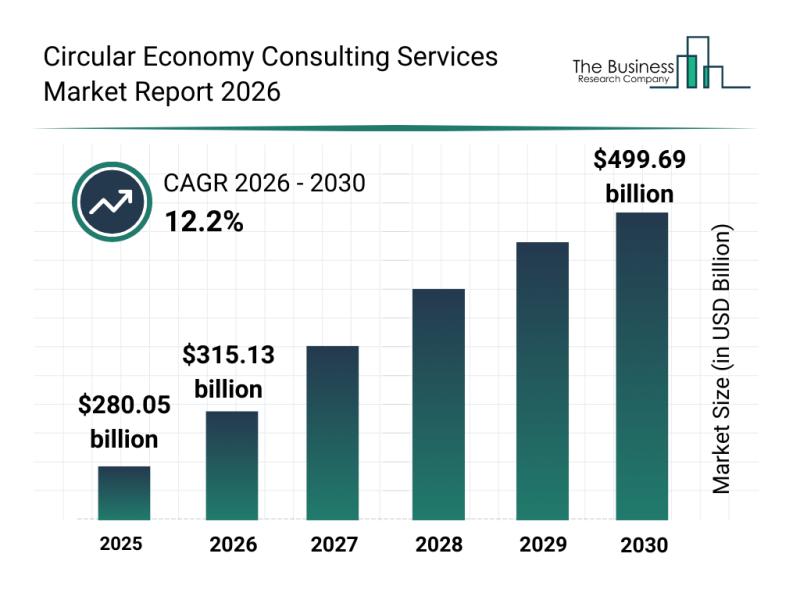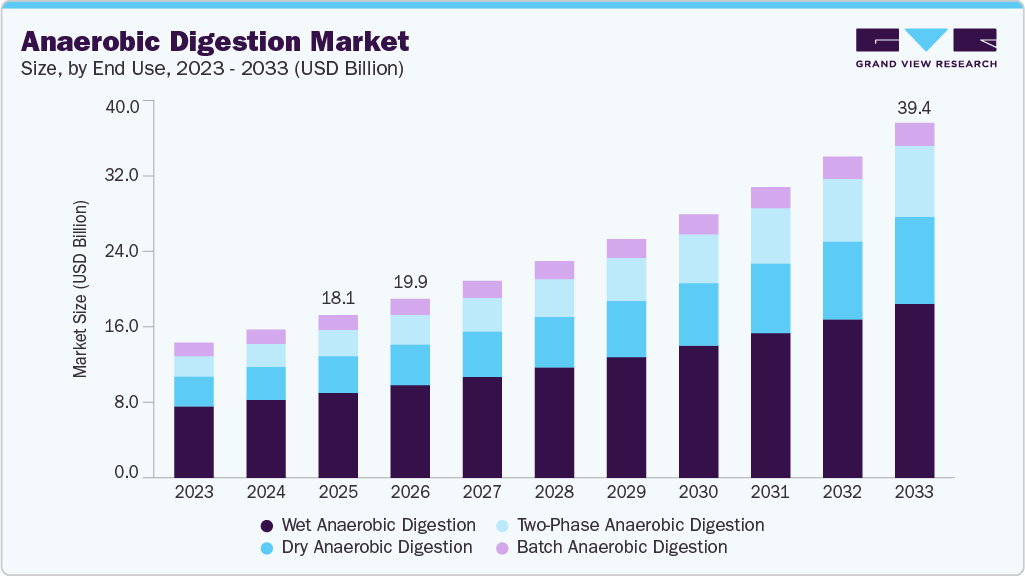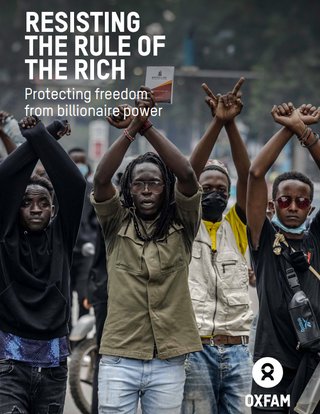Jordan: Economic Inclusion of Syrian Refugees (July 2025) – ReliefWeb

Report on the Economic Inclusion of Syrian Refugees in Jordan: An Analysis of Alignment with Sustainable Development Goals (SDGs)
1.0 Regulatory Framework Overview
As of July 2025, the Hashemite Kingdom of Jordan has established a regulatory framework to facilitate the economic inclusion of Syrian refugees. This framework is foundational to promoting self-reliance and contributing to the national economy, directly supporting the 2030 Agenda for Sustainable Development. The key regulations are as follows:
- Application of National Labor Law: The employment of Syrian refugees is governed by the Jordanian Labor Law, consistent with the regulations applied to all non-Jordanian workers. This ensures a standardized legal framework for employment rights and obligations.
- Access to the Labor Market: Syrian refugees are permitted to work in occupations that are officially open to foreign nationals, integrating them into various sectors of the formal economy.
- Support for Entrepreneurship: Refugees are authorized to register and operate home-based or small-scale businesses within specific sectors, namely food processing, artisan crafts, and tailoring.
2.0 Contribution to Sustainable Development Goals (SDGs)
Jordan’s policies on refugee employment demonstrate a significant commitment to achieving several key Sustainable Development Goals.
2.1 SDG 8: Decent Work and Economic Growth
- By providing legal pathways to employment, the framework directly promotes inclusive and sustainable economic growth.
- Granting access to the formal labor market allows refugees to secure decent work, reducing reliance on informal or precarious employment and contributing to economic productivity.
- Enabling entrepreneurship fosters innovation and economic diversification, aligning with targets for small and medium-sized enterprise growth.
2.2 SDG 1: No Poverty and SDG 10: Reduced Inequalities
- Economic inclusion is a primary mechanism for poverty alleviation (SDG 1), enabling refugee households to achieve economic self-sufficiency and improve their living standards.
- Applying the same labor laws to refugees as to other non-Jordanian workers helps reduce inequalities (SDG 10) by ensuring fair wages, working conditions, and legal protections.
- Access to formal employment reduces the vulnerability and marginalization often faced by displaced populations.
2.3 SDG 5: Gender Equality
- The specific provision for business registration in sectors such as tailoring and artisan crafts creates significant economic opportunities for Syrian refugee women.
- Empowering women through entrepreneurship enhances their financial independence and decision-making power within their households and communities, directly contributing to the goals of gender equality.
2.4 SDG 16: Peace, Justice and Strong Institutions
- The integration of refugees into the national legal and labor systems strengthens the rule of law and promotes the development of inclusive institutions.
- Formalizing refugee employment reduces the potential for exploitation within the informal economy and ensures that labor disputes can be resolved through established legal channels, fostering a just and stable society.
Analysis of Sustainable Development Goals (SDGs) in the Article
1. Which SDGs are addressed or connected to the issues highlighted in the article?
-
SDG 8: Decent Work and Economic Growth
The article directly addresses this goal by focusing on the economic inclusion of Syrian refugees in Jordan. It discusses regulations that permit refugees to work and operate businesses, which are fundamental aspects of promoting sustained, inclusive, and sustainable economic growth, full and productive employment, and decent work for all.
-
SDG 10: Reduced Inequalities
This goal is relevant as the article discusses policies aimed at including a specific vulnerable group—Syrian refugees—within the host country’s economy. By allowing refugees to work and own businesses under the same labor laws as other non-Jordanians, the policies contribute to reducing inequalities and promoting the social and economic inclusion of all, irrespective of origin or status.
-
SDG 16: Peace, Justice and Strong Institutions
The article’s emphasis on the legal framework (“regulated by Jordanian Labor Law”) connects to SDG 16. This goal promotes the rule of law and ensures equal access to justice. By applying its labor laws to refugees, Jordan is demonstrating the use of non-discriminatory laws and policies, which is a key component of building effective, accountable, and inclusive institutions.
2. What specific targets under those SDGs can be identified based on the article’s content?
-
Targets under SDG 8:
- Target 8.3: “Promote development-oriented policies that support productive activities, decent job creation, entrepreneurship, creativity and innovation…” The article highlights that Syrian refugees can “register and operate a business in food processing, artisan, and tailoring,” which directly supports entrepreneurship and the growth of small-scale enterprises.
- Target 8.5: “By 2030, achieve full and productive employment and decent work for all women and men…” The article’s core theme of allowing refugees to “work in occupations open to foreigners” is a step towards achieving productive employment for this segment of the population.
-
Targets under SDG 10:
- Target 10.2: “By 2030, empower and promote the social, economic and political inclusion of all, irrespective of… origin… or other status.” The entire article is about the “Economic Inclusion of Syrian Refugees,” directly aligning with this target by detailing policies that enable their participation in the economy.
- Target 10.3: “Ensure equal opportunity and reduce inequalities of outcome, including by eliminating discriminatory laws, policies and practices…” The statement that refugees’ work is “regulated by Jordanian Labor Law as it applies to non-Jordanian workers” points to a policy of ensuring equal treatment and opportunity within the legal framework.
-
Targets under SDG 16:
- Target 16.b: “Promote and enforce non-discriminatory laws and policies for sustainable development.” The application of Jordanian Labor Law to Syrian refugees is a direct example of enforcing a non-discriminatory policy that facilitates their economic inclusion and contributes to sustainable development.
3. Are there any indicators mentioned or implied in the article that can be used to measure progress towards the identified targets?
-
The article does not provide explicit numerical data, but it implies several indicators that could be used to measure progress:
- Number of work permits issued to Syrian refugees: This would be a direct measure of their access to the formal labor market, as mentioned in the point that they “can work in occupations open to foreigners.”
- Number of businesses registered and operated by Syrian refugees: The article states that refugees “can register and operate a business.” Tracking this number would directly measure the outcome of this policy and progress towards Target 8.3.
- Proportion of the refugee population engaged in formal employment: This indicator would measure the overall economic inclusion and progress towards Target 8.5 for this specific population group.
- Existence of a legal framework for refugee employment: The article itself confirms the existence of such a framework (“regulated by Jordanian Labor Law”). This serves as a qualitative indicator for Targets 10.3 and 16.b, confirming that non-discriminatory policies are in place.
4. Summary Table of SDGs, Targets, and Indicators
| SDGs | Targets | Indicators (Implied from the article) |
|---|---|---|
| SDG 8: Decent Work and Economic Growth |
8.3: Promote policies for entrepreneurship and growth of small enterprises. 8.5: Achieve full and productive employment and decent work for all. |
– Number of businesses registered and operated by Syrian refugees. – Number of work permits issued to Syrian refugees. |
| SDG 10: Reduced Inequalities |
10.2: Empower and promote the social and economic inclusion of all, irrespective of origin. 10.3: Ensure equal opportunity and eliminate discriminatory laws and policies. |
– Proportion of the refugee population engaged in formal employment. – Confirmation of a legal framework applying national labor law to refugees. |
| SDG 16: Peace, Justice and Strong Institutions | 16.b: Promote and enforce non-discriminatory laws and policies for sustainable development. | – Existence and application of non-discriminatory labor laws for refugees. |
Source: reliefweb.int
What is Your Reaction?
 Like
0
Like
0
 Dislike
0
Dislike
0
 Love
0
Love
0
 Funny
0
Funny
0
 Angry
0
Angry
0
 Sad
0
Sad
0
 Wow
0
Wow
0













































































